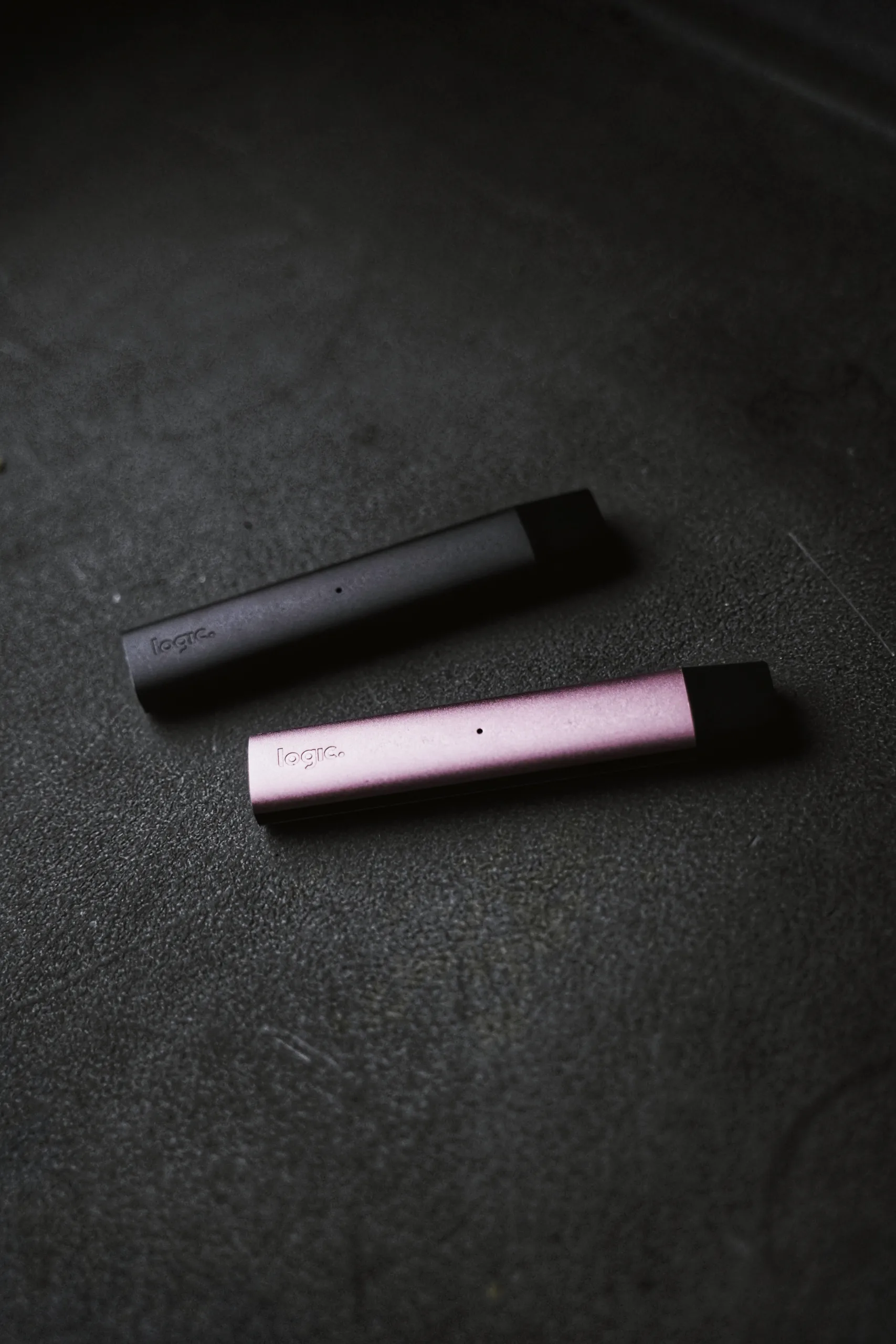Research indicates that social media advertisements have an effect on youth vaping behaviours.

A study by researchers at the University of York found that the prevalence of vaping among young users is being fueled by the viewing of e-cigarette advertisements and material on social media, which is frequently supported by celebrities and social media influencers.
Upon reviewing eleven research studies that examined social media platforms like Facebook, Instagram, Snapchat, Twitter, and YouTube, the researchers discovered evidence that the implementation of common e-cigarette marking strategies increased the number of users and the intentions of young people to use the products.
Additionally, they discovered that they boosted the overall amount of vaping and the number of young people who started vaping.
Endorsement
A focus on the tastes and nicotine levels of e-liquids, as well as their appeal, was noted as one of these marketing methods, along with celebrity and social media influencer sponsorship.
The University of York’s Department of Health Sciences’ Luana Chacon Santos, the study’s principal author, stated: “It’s becoming evident that the normalisation of e-cigarettes among youth could lead to a repeat of the harmful pattern we saw in the old tobacco industry.” Stricter regulations are desperately needed to address this issue because social media sites have developed into a significant marketplace for the sale of e-cigarettes.
Lung damage
The researchers examined literature examining the impact of e-cigarette marketing on people over ten from English-speaking nations on social media.
The majority of the research included in the study was carried out in the United States, where there has been an increase in studies on vaping. This trend may be related to an epidemic of hospitalisations and deaths from lung injuries related to vaping in 2019, which is linked to e-cigarette use.
It is typical for multiple sub-stories to emerge from a scoping review, according to Dr. Su Golder, assistant professor in the University of York’s Department of Health Sciences. However, it was noteworthy that every study we looked at found the same thing. Young people are impacted by this kind of advertising, and as a result, they are more prone to experiment with, begin, or perhaps pick up vaping. Although it would be easy to argue that additional research is necessary, the evidence that is now available indicates that action must be taken as soon as possible.
The UK government recently said that it will implement regulations to outlaw disposable vaporizers and the methods by which they are sold to kids in retail establishments. They do not, however, contain social media campaign targeting.
Luana Santos continued: Restricting these products’ online presence on social media platforms should be a part of any efforts to lessen access by minors.
If the issues outlined in this article are affecting you, please do not hesitate to contact us, and we will do what we can to help you with your situation.


